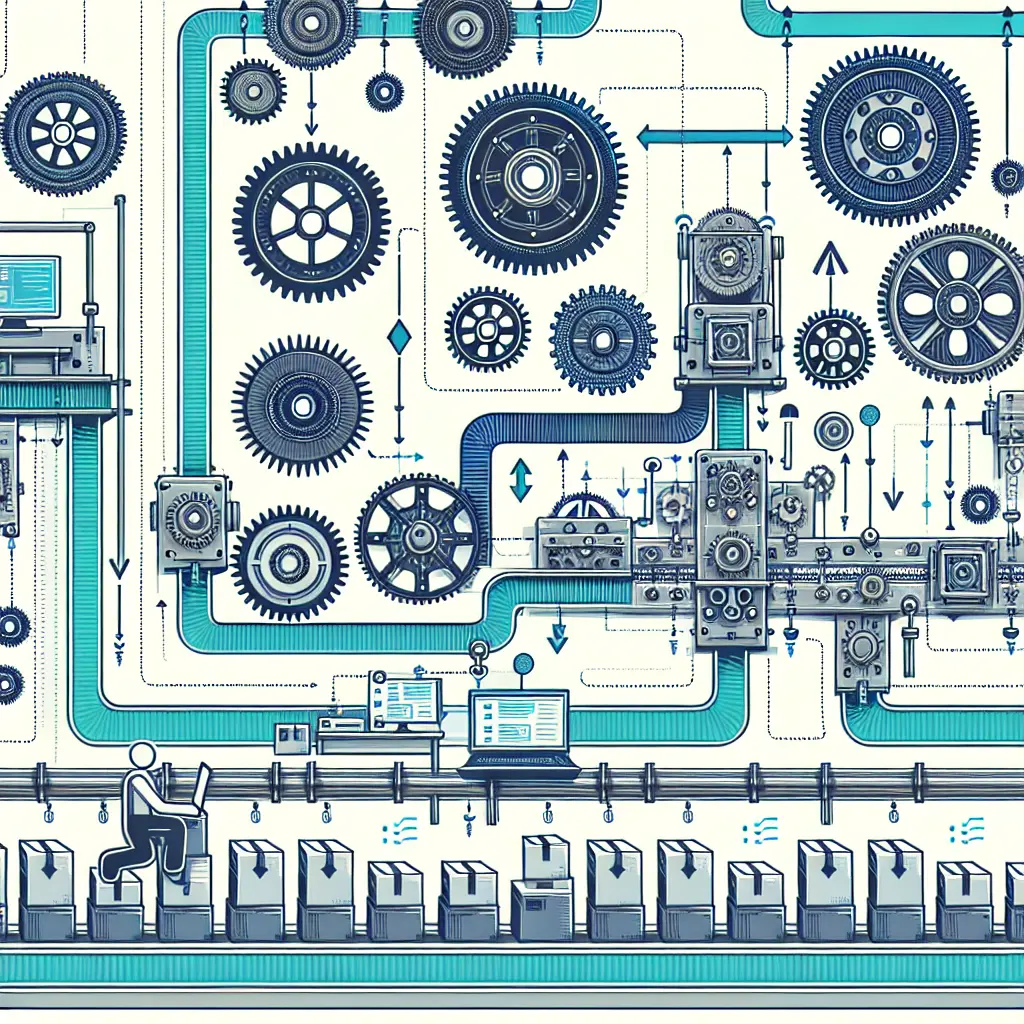Understanding Task Automation
Task Automation involves using technology to perform repetitive tasks without human intervention. This means that activities such as data entry, email responses, and even complex scheduling can be handled swiftly and accurately by software, leaving you and your team free to focus on more strategic initiatives.
Simplicity and Efficiency Combined
By choosing the right automation tools, you can simplify your operations and elevate your business efficiency. The A Guide to the Best AI Automation Agency Tools on the Market can be an excellent starting point for identifying robust tools that cater to your specific needs.
How Task Automation Transforms Business
Task Automation isn’t just about cutting down on manual labor; it’s about transforming the way you do business. From improving accuracy to reducing turnaround times, automation can yield significant benefits across all sections of a company.
Benefits of Implementing Task Automation
The advantages of implementing Task Automation extend beyond simple time-saving. It can lead to improved reliability in task execution, better data management, and more responsive customer service.
- Consistency: Automation ensures that tasks are performed the same way every time, reducing errors and maintaining quality control.
- Availability: Automated systems work around the clock, providing uninterrupted service that can be especially vital for customer-facing operations.
Steps to Automate Your Business Processes
The journey to automating your business processes can seem daunting, but with a structured approach, it is entirely manageable. The 8-step guide for improving workplace processes offers strategic frameworks that any business can adapt and apply.
Evaluating Tasks Suitable for Automation
Begin by assessing which tasks in your business are suitable for automation. Look for repetitive, time-consuming tasks that don’t require much human decision-making. This can include invoicing, report generation, or inventory management.
Partnering with Automation Agencies
While implementing automation may seem like an intimidating task, you do not have to do it alone. Automation agencies specialize in evaluating and implementing efficient automation systems tailored to your business needs, making the transition smooth and effective.
For insights on the efficacy of these automation solutions, explore case studies and use cases at Use Cases for a RPA Bot, which highlights the positive impact of automation across various industries.
Conclusion
Task Automation is not a future possibility; it’s a present opportunity. By integrating automation into your business processes, you can extract higher performance, increase accuracy, and ensure consistent quality in your operations. While the technological landscape continues to evolve, one thing remains clear: automation is the cornerstone of an efficient, modern business.

